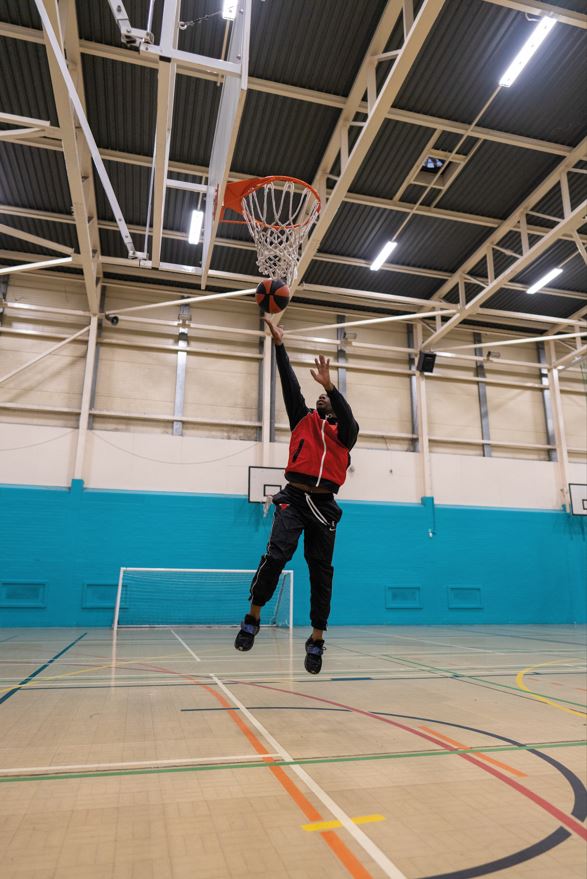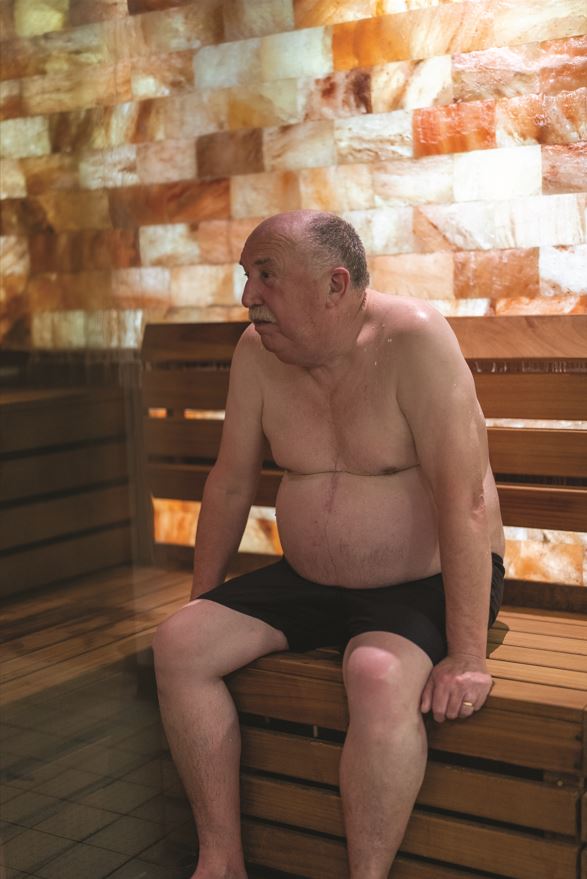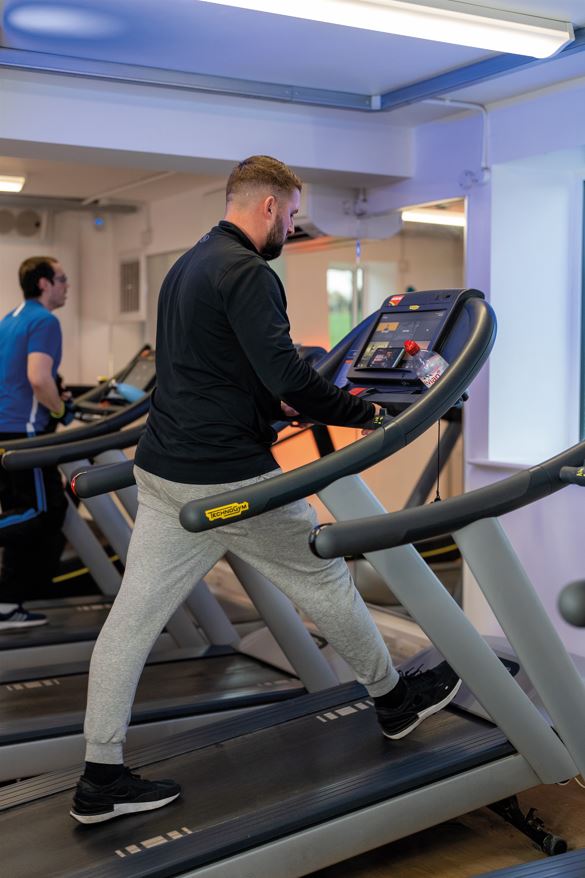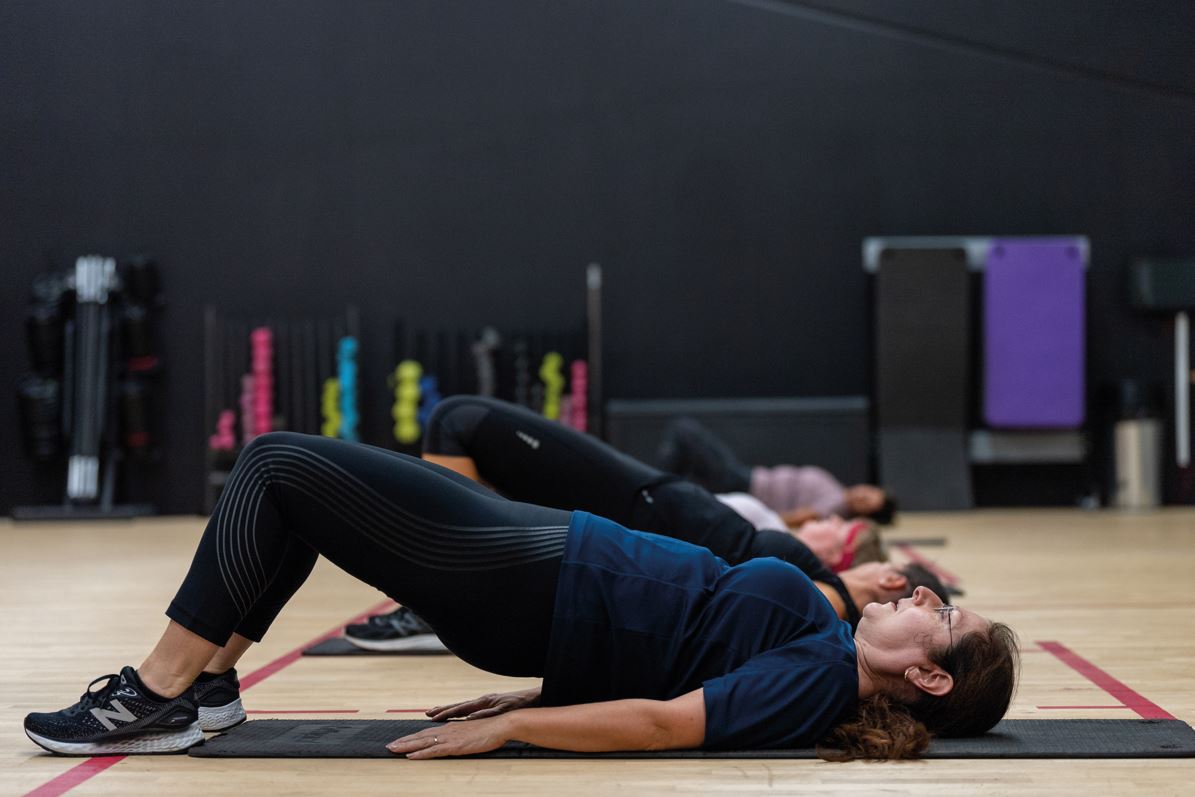
Active Nottingham’s Ken Martin Leisure Centre is the first in the country to be recognised for tackling inequalities, but what does this mean and how did it do it?
Ken Martin Leisure Centre is situated in an areaof Nottingham which has some of the highest levels of deprivation across the UK, experiencing a number of health challenges.The area also has a mixed population of ethnicities, including new and emerging communities, a large proportion of families and single parent families, as well as a significant population of older people. The site has become the first leisure centre in the country to achieve the Quest Tackling Inequalities in Leisure Standard, which demonstrates its commitment to tackling inequalities. Quest is the UK Quality Scheme for sport and leisure. Managed on behalf of Sport England byRight Directions, the continuous improvement tool defines industry standards and good practice, and encourages their ongoing development and delivery. The new Tackling Inequalities assessment is an example of how Quest is evolving to keep pace with the changing sport and leisure sector. The assessment is broad and covers people and communities from lower socioeconomic groups, culturally diverse communities, people with disabilities and long term health conditions as well as socially excluded groups including people experiencing homelessness,lone parents, early school leavers and those with unknown immigration status.
meeting community needs
Tackling Inequalities has been co-written with the Activity Alliance (formerly known as the English Federation of Disability Sport) to help facilities assess how they plan, communicate and serve the local community to help them become more physically active. “The purpose of both the module and the standard is to assess if your local leisure facility is set up to serve a wide-ranging and diverse community, improving participation levels of physical activity,” explains Sarah Maxwell, head of external accreditations at Right Directions. “For example, do you know the demographics of the area within which you operate? Do you know the profiles of your current customer and staff base? Do the two sets of data match? Do your programmes, products and services serve the community to encourage participation or does it serve an existing narrow customer base?”
trusted local partnerships
The team at Ken Martin Leisure Centre aim to ensure all demographics of the local community are welcome and find the centre accessible, which includes partnering with local organisations, such as primary care networks, social prescribing teams and mental health services. The Sport and Physical Activity team helpremove barriers to access through campaigns such as Get Out Get Active, This Girl Can and the Disability Sport Insight and Participation project. This initiative invited people living with a disability to try the facility for free for three months in exchange for honest feedback about their experience. The project engaged more than 350 participants with a disability or long term health condition and provided valuable insight. “We learnt that alongside the physical barriers people face in accessing our facilities, their experience of the environment and customer service is just as important in ensuring all members of our community can access the centre. As a result we offered Disability Confidence training to centre staff and evaluated our programmes to include more inclusive provision such as Swim for Health,” says Claudia Russell, inclusion and physical activity officer at Nottingham City Council. The team has also worked with a number of housing associations over the years. “This includes accessing housing association controlled areas such as community venues or green spaces in estates, collaborating on joint projects such as Socially Distanced StreetZumba during the pandemic or using housing associations’ door to door publications to promote the Active Nottingham offer. We work together to understand and create shared agendas and objectives for local residents and use this insight to develop our programmes within the centres,” explains Russell.
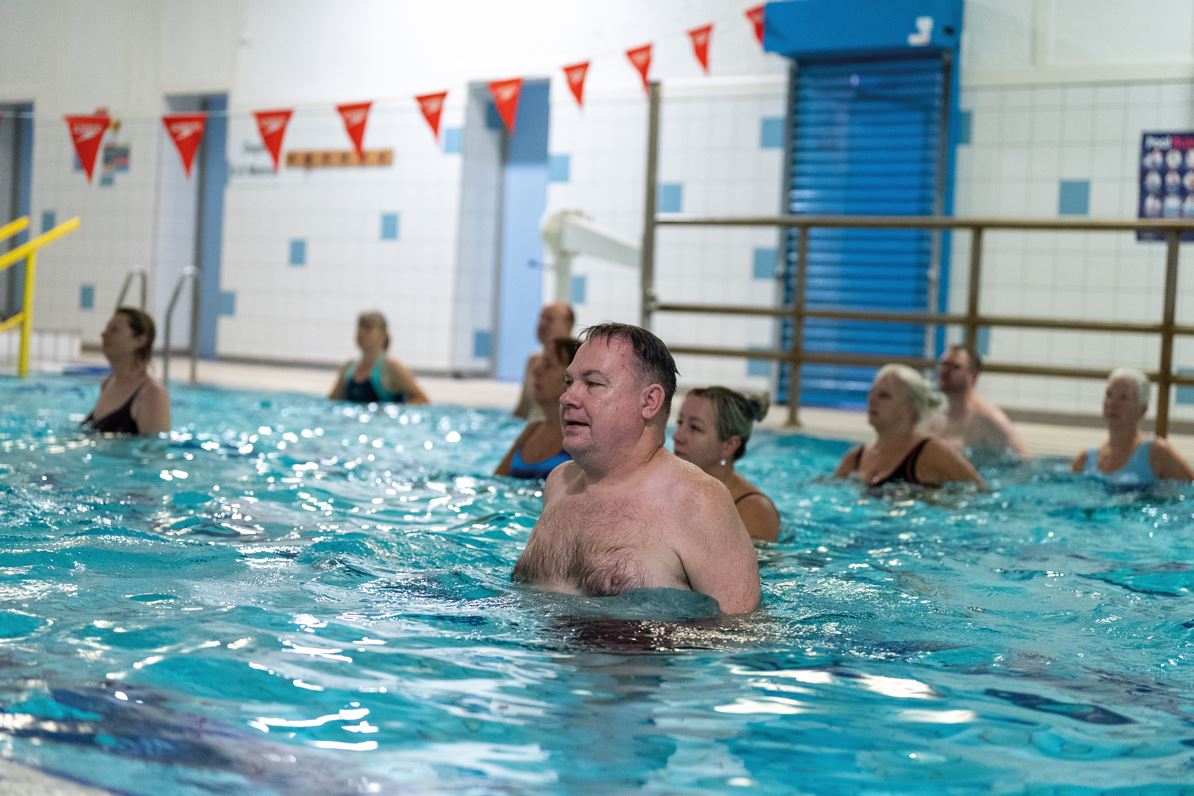
diverse offering
Among the activities that ticked the boxes forthe Tackling Inequalities in Leisure Standard assessment team are Swim for Health, a 50+ morning and line dancing classes as well as low intensity mental health mindfulness classes. Ken Martin also boasts CredAbility accreditation; an independent quality mark run by disabled people, and the CredAbility Access Card, a national scheme that commits organisations to providing a quality service to people with a disability. The CredAbility Access +1 card scheme also allows holders to gain free access for essential companions or carers at Active Nottingham leisure centres. “The CredAbility Access Card acts as evidence that someone needs support to use our services or is eligible for our offers. Not only does it mean we discreetly know they are entitled to concessionary prices and may require individual help, they know we are a verified accessible venue with their best interests at heart,” explains Kirsty Worthington, general manager at Ken Martin Leisure Centre.
targeted and tailored provision
Centres must provide multiple types of evidence to demonstrate their impact on tackling inequalities. This includes increasing customer satisfaction and participation levels among underrepresented groups to achieving partnership or workforce outcomes and product development linked to community needs. In addition to engaging people through the Disability Sport and Insight Participation Project, the centre has reached women and girls of all backgrounds through the This Girl Can Project. The first iteration reached more than 1,200 people in person with more online, while the Get Out Get Active programme has engaged over 4,000 participants since launching in 2017. “As well as proactively researching the demographics of our area so we can anticipate some of our community’s needs, we take a holistic and individualistic appreciation of their requirements by working with partners, such as My Sight Notts, Disability Direct and the Women’s Centre, and local projects, including community-based sports groups, to directly engage with people living in the local area,” says Worthington. This includes attending local meetings and events, inviting groups to attend the centre to alleviate first-time visit anticipation, as well as offering virtual tours and subtitled centre walkthrough videos on the website and social media, so people know what to expect in advance. “We were truly impressed with the investment Ken Martin Leisure Centre has made around inclusivity for its local community,” says Maxwell. “All the evidence, which includes investment in Disability Training Scenario Videos and Unconscious Bias Training to help prepare staff for their roles, demonstrates the centre and organisation are quality, not quantity driven, with a focus on individual opportunities and thought.”
